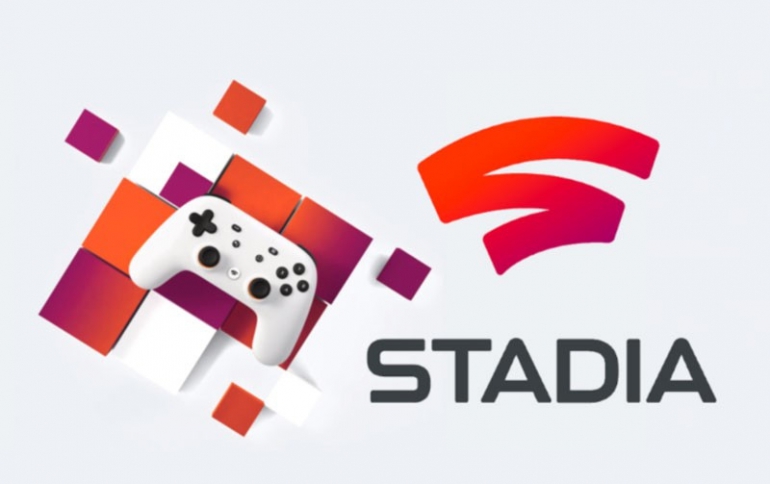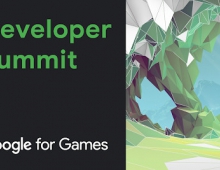
Google Stadia to Reduce Latency By Predicting Button Presses
An interview of Google's VP of engineering Madj Bakar with the EDGE Magazine unveiled some interesting but also confusing ways Google use in order to reduce latency of Google Stadia during gaming.
Google Stadia could be a world-changing addition to the video game landscape, or being a Google Glass-level miss. If it works, it could eliminate console hardware entirely within a generation.
Latency is obviously the largest point when it comes to Stadia working or not, and Google's Bakar claims Stadia could be more responsive than local machines soon.
Ultimately, we think in a year or two we’ll have games that are running faster and feel more responsive in the cloud than they do locally regardless of how powerful the local machine is,” Bakar told EDGE.
Google aims to reduce latency by boosting FPS, but also by predicting user inputs. As in, Stadia will predict what button you’re going to press in a given context in a game, and then press that button before you even do it, which will make it feel instant when you do press that button.
There is some amount of prediction already used in many games, especially in multiplayer as a way of getting around online latency issues there, so this is not exactly as revolutionary a concept as it sounds. But those games are also not running on a streaming-only service.
What would happen if the system predicts wrong, which could end up resulting in even more latency if the system has to course-correct, is a question to be answered.
Stadia also faces other issues regarding internet data caps, especially in places like the US.
Google Stadia launches in November of this year, one year ahead of the next generation of consoles, PlayStation 5 and Xbox Scarlett, in 2020.





















